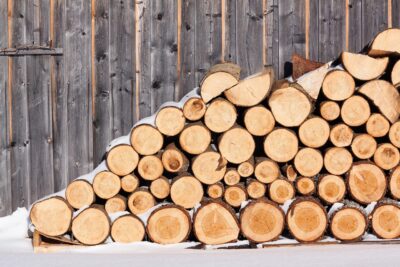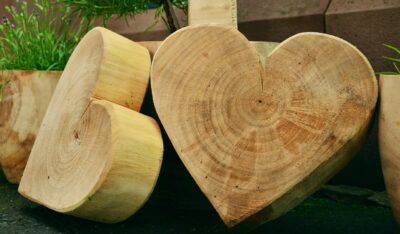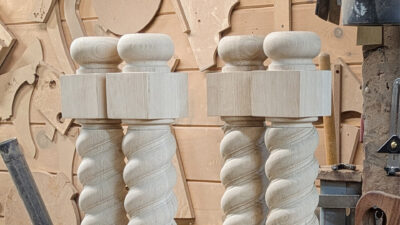Quebec Trends 2025 – Construction, Housing And Overseas Hardwood Sales
With the new Liberal government elected in the country, provinces are continuing their concerted efforts to fight the U.S. tariff war and eliminate internal trade barriers. Businesses have much on their plates as they face these many challenges to stay afloat, and even make a profit.
On the Hardwood side, the regionally important Hard Maple species is meeting market needs, with prices remaining consistent. Green production of most grades is ample to meet buyers’ needs. Wet weather conditions in certain areas made it a bit challenging for production from mid-to-late-May.
Soft Maple demand is also similar to that of Hard Maple, being stable for all thicknesses and grades. Buyers tightened their purchases to enable timely processing of lumber. Sawmills and yards stated they had brisk kiln-dried sales with decent order files for No. 1 Common. Prices are stable.
Ash is not abundant on markets as production is controlled and export markets are quiet. Due to market uncertainty, manufacturing yards are limiting their purchases. Sawmills reported that developing production of Ash is moving for both green and kiln-dried stocks.
Cherry production sales are difficult to come by for sawmills. Lack of market stability and sales caused less sawmill output and lumber processing through dry kilns. Sales are based more on established long-time customers. Sales overseas have also dropped due to the tariff war.
Red Oak sales to flooring manufacturers have not surged, but finished goods sales have improved. Some manufacturers are now trying to fill up lumber inventories. Some prices have thus increased for this species. Demand for this species is not sufficient to absorb production. Exports to China have dropped slightly.
White Oak business is reported as good, but supplies exceed market needs. Sales are based on length specific needs, rather than for 7 and 8 foot boards. Some are controlling green lumber receipts. Prices, it was noted, have softened, and are down for kiln-dried White Oak as well.
Poplar sales are doing well, as those who exported to China were able to find new market outlets. In some areas it was reported that demand for kiln-dried items was high with supplies tight, and prices edging up. Green Poplar production was moving well, it was noted.
Walnut sales are doing ok on domestic markets, while slightly down to overseas ones. However, finding buyers is somewhat of a challenge.

A new CFIB report shows the construction sector makes up about seven percent of Quebec’s GDP and supports many other industries. Most businesses in the sector are small – 97 percent have fewer than 50 employees, and many are feeling the pressure. Small to medium-sized enterprise (SMEs) confidence is at the lowest level in 15 years, a level similar to during the pandemic. Their operating costs are rising – insurance (76 percent), payroll costs (74 percent) and fuel costs (71 percent) are the top three input costs currently causing problems for construction SMEs.
When housing construction and renovation markets slow down, these challenges touch the hardwood industry and affect the economy. Depending on mid-May strike results, at the time of this writing, the summer construction break that is usually taken during the last two weeks of July will also see a slowdown for hardwood lumber and products.







